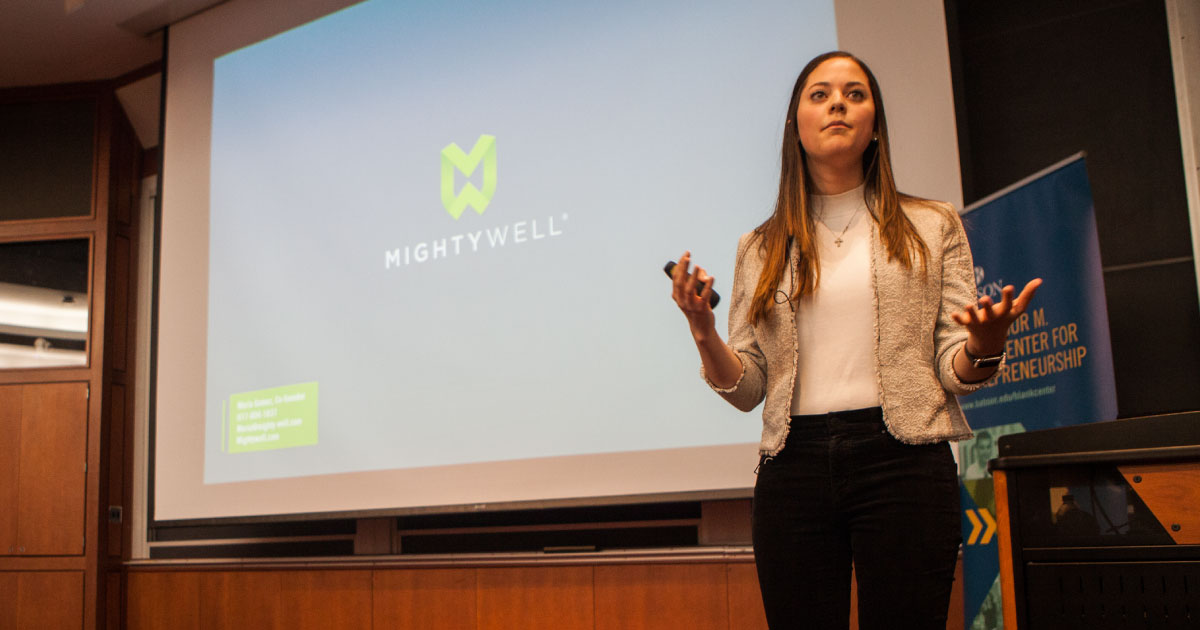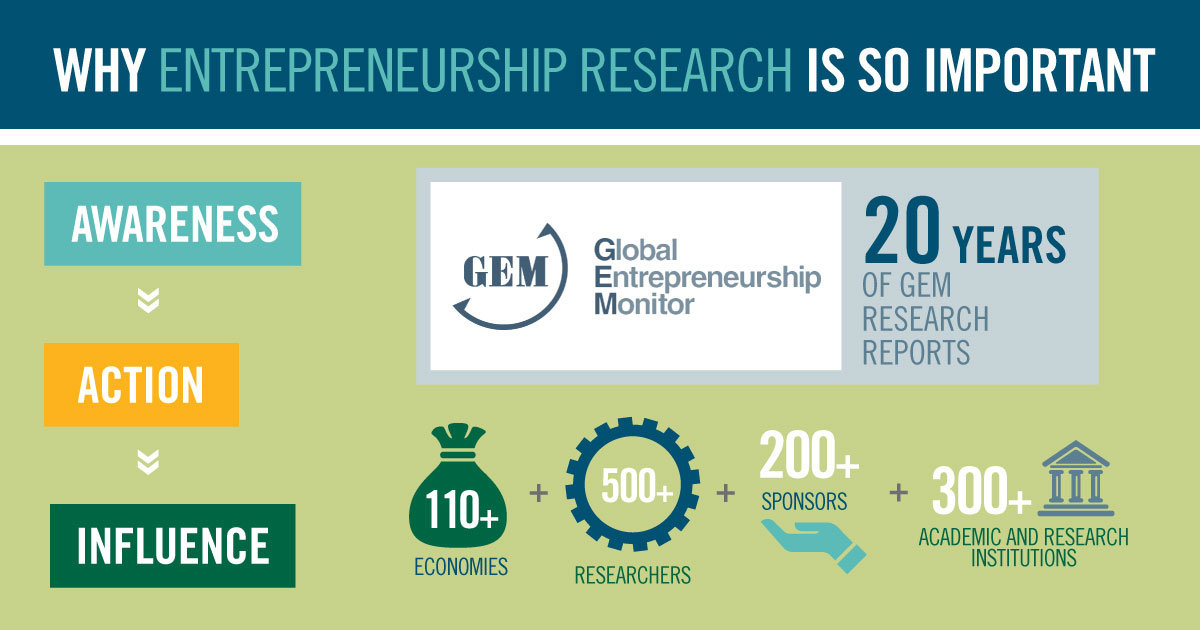Entrepreneurship: An American Obsession?

For nearly 10 years, 3 million people have watched a familiar scene play out from the comfort of their home.
An entrepreneur enters a brightly lit room, looks at the panel of well-known judges, pitches their product, and tells their story. Maybe the judges love it, maybe they don’t. Maybe they strike a deal, maybe they won’t.
As you likely guessed, this is “Shark Tank”—the critically acclaimed, Emmy award-winning reality TV show that gives entrepreneurs the opportunity to pitch to prospective investors in the hopes of landing a deal.
Perhaps more importantly, it is an incredible marketing platform and an opportunity to get exposure, the kind of exposure that sends sales up and to the right, and sends them there fast.
Why? Because the same 3 million people who are tuning in on Sunday nights are then seeking out the entrepreneurs’ products and services, downloading Coffee Meets Bagel, choosing Lollacups for their toddlers, and cleaning their dirty dishes with Scrub Daddy sponges.
These products, along with Bombas Socks, Lord Nut Levington Gourmet Peanuts, and others created by Babson students and alumni, have become household names.
The Obsession
“Shark Tank” says it has “reinvigorated entrepreneurship in America.” Whether or not it is responsible for new entrepreneurial activity is a hard question to answer.
What is clear is that the show has tapped into something in the American psyche and culture: We respect the entrepreneur and we are fascinated by the entrepreneurial journey. We celebrate both sweat equity, or “hustle” and “grind” in the new lexicon, and one-in-a-million success.
Consider the rise of the celebrity entrepreneur, whose face is recognizable, story is well-known, and success is applauded. We know that Elon Musk slept on the floor of the Tesla factory, and we recognize Jamie Siminoff ‘99 from commercials for Ring, the product he sold to Amazon for a reputed $1 billion.
Just how far does this obsession go? Is our enthrallment with the entrepreneur endemic or an epidemic?
New Data from the Global Entrepreneurship Monitor (GEM)
For insight, we turn to the 2017 Global Entrepreneurship Monitor (GEM) U.S. Report.
First launched in 1999 by Babson College and the London Business School, GEM is the only organization to measure the global entrepreneurial ecosystem annually, and its longitudinal data are instrumental in our ability to measure change in entrepreneurial attitudes, intentions, and activity.
The recently released U.S. GEM report opens with two staggering figures: 75 percent of U.S. adults believe that entrepreneurs receive high status in society, and 75 percent believe media attention for entrepreneurs is positive.
This is especially notable when you consider that both figures are higher than those for the average of the 23 other innovation-driven economies that comprise the U.S.’ peer group. These measures together suggest high visibility for and regard of entrepreneurs.
What Does This Mean for Entrepreneurs?
The data paint an optimistic picture.
Sixty-four percent of U.S. entrepreneurs believe there are good opportunities for starting a business near where they live. Not only is this a 7 percent increase from the prior year, this is the highest level reported since the first GEM survey in 1999 and is nearly twice the percentage in 2001.
This validation of entrepreneurship as a career choice, along with personal access to entrepreneurs and relatively low fear of failure, might suggest we are on the cusp of a great era of entrepreneurship.
Do All Americans Share This Same Experience?
In a five-part series, Babson will explore the theme of opportunity as it runs through the U.S. GEM report.
While broad societal attitudes in the United States uphold and enable entrepreneurship, the data surrounding the specific entrepreneurial perceptions and participation of the youngest and oldest entrepreneurs, women, and people of different ethnicities suggest a more complex story when it comes to entrepreneurial opportunity in America.
We’ll consider insights from the GEM report in the context of research from Babson entrepreneurship centers and thought leaders, as well as real-world examples from organizations and experts. All are working to understand and address the obstacles and opportunities that these demographics encounter when embarking on the journey of entrepreneurship.




